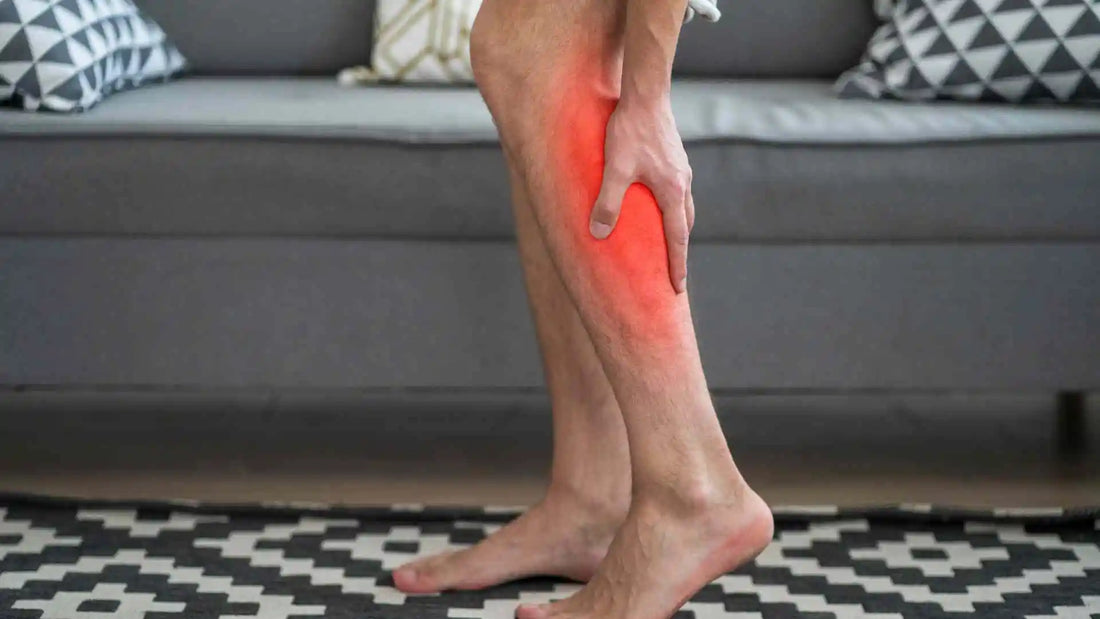
7 Symptoms of Low Electrolytes You Shouldn't Ignore
Did you know that a simple headache or sudden fatigue can be related to the symptoms of low electrolytes ? Many people mistake them for normal fatigue or stress, but the reality is that this imbalance can affect your health more than you imagine. In this article, you'll discover the most common signs and how to identify them early.
What are electrolytes and why are they important?
Electrolytes are minerals like sodium, potassium, calcium, and magnesium that allow your muscles, nerves, and organs to function properly. According to the Mayo Clinic , maintaining a balanced level of these minerals is key to overall health and physical performance.
When imbalances occur, the body sends signals that we should not ignore.
7 symptoms of low electrolytes
Frequent muscle cramps
Cramps are a clear sign that your muscles are lacking essential minerals like potassium and magnesium.
Persistent fatigue
A lack of electrolytes affects cellular energy production. An article in the Journal of the International Society of Sports Nutrition confirms that mineral deficiencies impact physical and mental performance.
Headaches and dizziness
These can be mistaken for stress, but are often related to signs of dehydration and sodium loss.
Irregular heartbeats
Low potassium can disrupt heart rhythm. The American Heart Association warns that this symptom should not be ignored.
Nausea or vomiting
The body tries to expel fluids, which can worsen electrolyte loss.
Numbness or tingling
Lack of calcium can cause abnormal sensations in the hands, feet, or face.
Mental confusion or irritability
Electrolytes regulate communication between neurons. Low sodium levels can cause mood swings and concentration problems.
How to recognize and prevent the symptoms of low electrolytes
The most important thing is to listen to your body. If you experience several of these signs at the same time, your body is likely out of balance. Staying hydrated with water and beverages rich in natural minerals can help. Additionally, including foods like bananas, nuts, and green vegetables improves electrolyte absorption.
Sports medicine specialist Dr. Michael Bergeron points out that “proper hydration isn't just about drinking water, it's also about maintaining the body's mineral balance.”
Conclusion
The symptoms of low electrolytes are your body's wake-up call. Don't ignore them: recognizing these signs early can make a difference in your overall health . Remember, prevention starts with something as simple as taking care of your hydration and daily nutrition.
